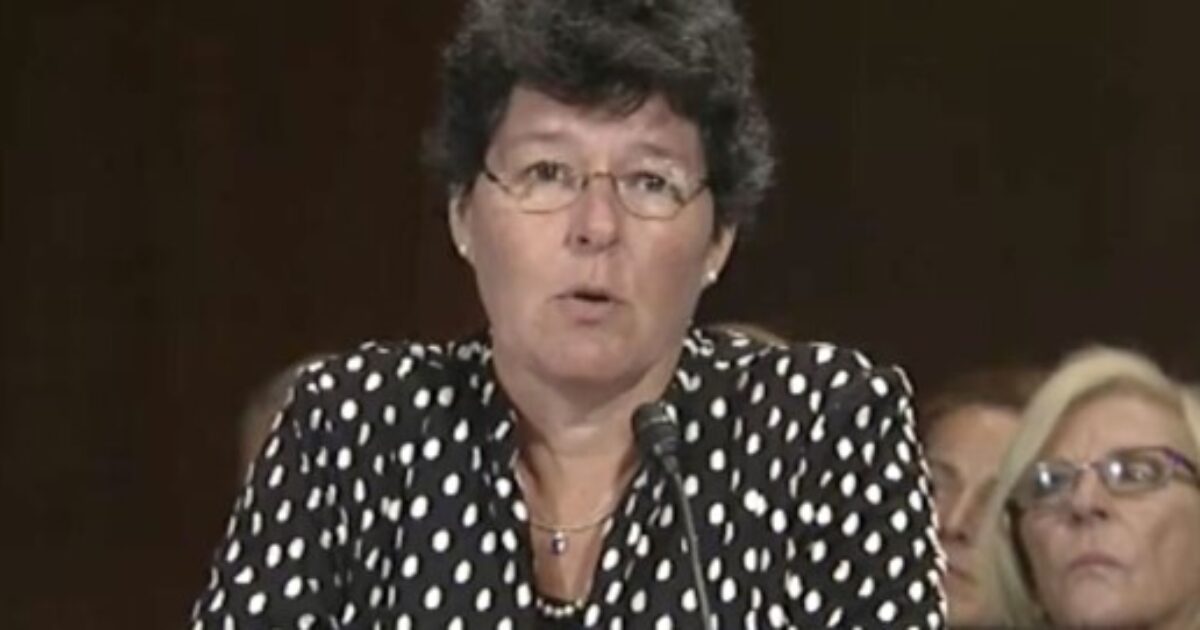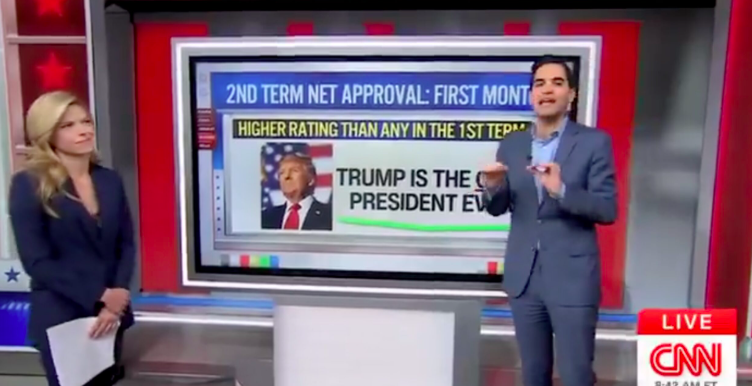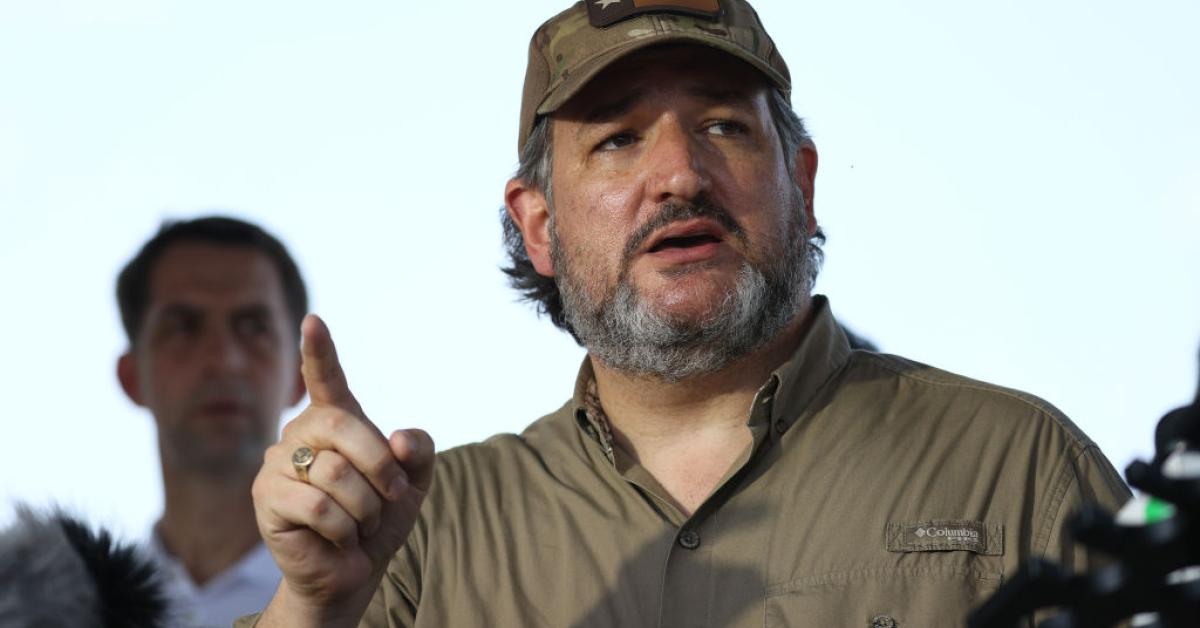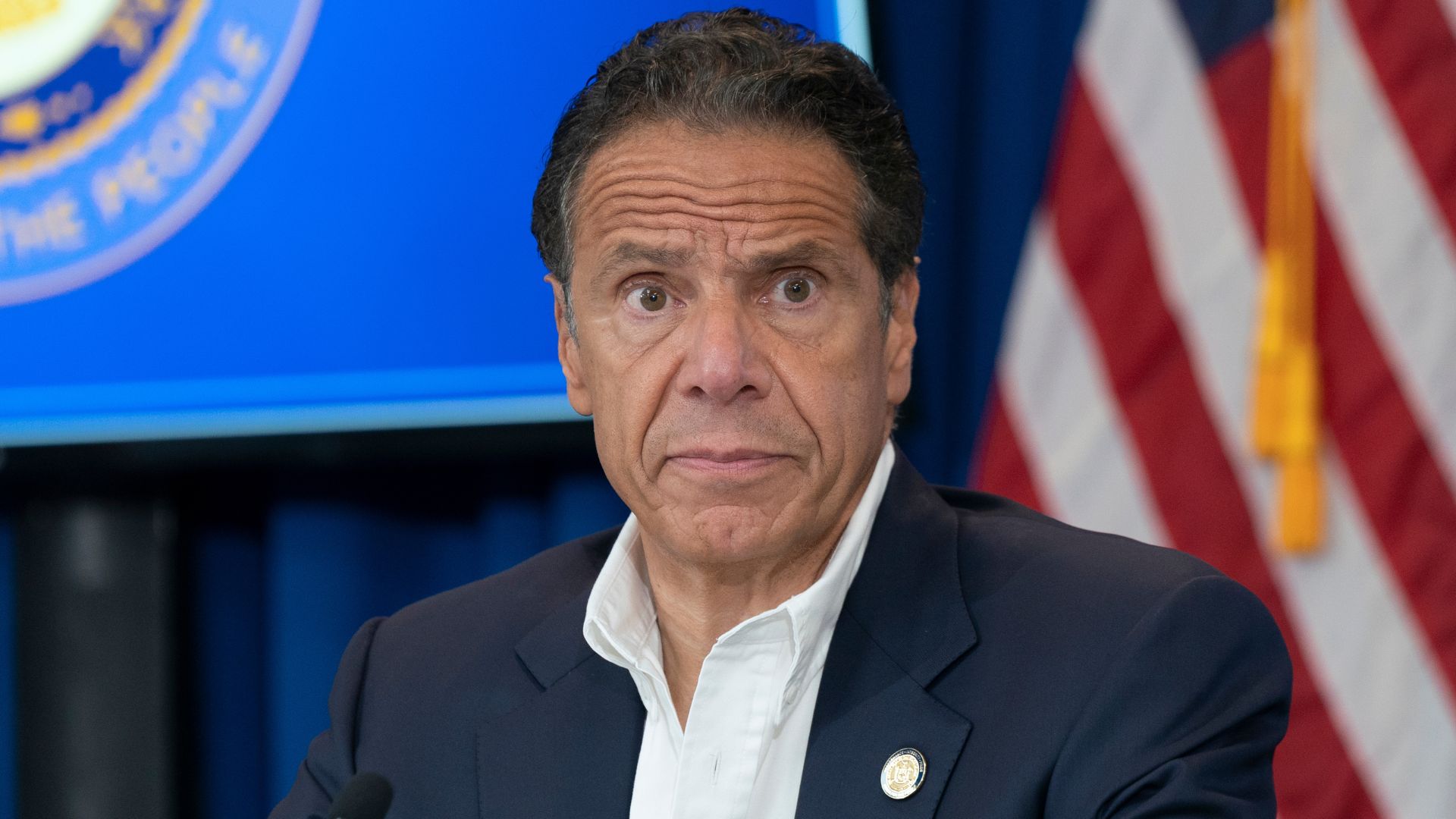A U.S. District Court Judge in Boston has intervened to block a recent decision by the Trump Administration, igniting a debate over presidential authority and immigration policies. The administration had moved to suspend visas for new students planning to attend Harvard University, allowing potential extensions beyond an initial six-month period. However, Judge Allison Dale Burroughs, an appointee of former President Obama, issued a temporary restraining order to halt this action, citing possible legal violations.
Harvard University, in its defense, argued that President Trump’s order ran afoul of federal laws, lacking concrete evidence to support its claims related to national security. The university stated, “The Proclamation does not deem the entry of an alien or class of aliens to be detrimental to the interests of the United States.” Judge Burroughs concurred, indicating that the administration’s policy could inflict “immediate and irreparable injury” on the institution and its students.
This legal confrontation comes on the heels of another decision by Judge Burroughs, who recently prevented the implementation of a separate order that sought to ban Harvard from enrolling international students. These students represent more than a quarter of the university’s population, highlighting the significance of the decision. The Department of Homeland Security initially aimed to expel thousands of foreign students through the termination of Harvard’s international student program.
Just before a scheduled hearing, the DHS altered its stance and opted for a more prolonged administrative review of Harvard’s certification. Nevertheless, Judge Burroughs expressed her intention to issue a longer-term injunction, emphasizing the need for protective measures for international students at Harvard. This legal battle underscores the ongoing tension between federal authorities and educational institutions regarding immigration and educational access.
In addition to the legal proceedings, the decision has sparked discussions within conservative circles, with many viewing the judge’s actions as overreaching. Supporters of the Trump Administration argue that such measures are necessary to ensure national security and uphold the rule of law. They contend that educational institutions should not be immune from immigration policies that apply to other sectors.
Critics of the decision suggest that the judiciary is encroaching on executive powers, a sentiment echoed by media outlets like Fox News and Newsmax. These sources argue that judges should refrain from interfering in matters that fall under presidential authority, particularly in areas concerning national security. The New York Post also highlighted the broader implications of such judicial interventions on the administration’s ability to enforce its policies.
Many conservatives cite this case as an example of judicial activism, where judges are perceived to prioritize personal beliefs over constitutional principles. They argue that this trend undermines the democratic process and fails to respect the separation of powers. Supporters of this viewpoint stress the importance of upholding the Constitution as a guiding framework for governance.
As the legal process unfolds, the case continues to attract attention from various stakeholders, each advocating for their interpretation of justice and fairness. The debate raises questions about the balance between national interests and individual rights, particularly in the context of immigration and education. It also highlights the complexities involved in navigating these issues in a polarized political landscape.
While the case remains unresolved, it serves as a focal point for ongoing discussions about the role of the judiciary in shaping public policy. The outcome could have lasting implications for similar cases in the future, influencing how courts engage with executive actions. For now, both sides await further developments, as the legal battle over Harvard’s international students persists.
The broader implications of this case extend to other institutions that may face similar challenges in the future. It underscores the need for clear guidelines and policies that respect both national security concerns and the rights of individuals. As the nation continues to grapple with these issues, the resolution of this case will be closely watched by educators, policymakers, and citizens alike.
Amidst the legal wrangling, the core issue remains the balance between maintaining security and fostering an inclusive educational environment. This case serves as a reminder of the ongoing debate over the role of international students in American higher education. As the situation evolves, stakeholders on all sides remain committed to advocating for their respective positions.
The outcome of this legal battle will likely influence future policy decisions and judicial interpretations in similar cases. It exemplifies the dynamic interplay between different branches of government and the importance of adhering to constitutional principles. As the nation navigates these challenges, the case continues to be a significant point of reference for discussions on immigration and education.




We need to remove these asshole judges that don’t understand they don’t have the power of a sitting president if they want that power then run for president which you will never ever be elected. So stay in your narrow district and play with your power there only because the constitution and government branches do not give you the power to second guess the president of the United States. Another words go pound sand your just a wannabe dictator.
Does this judge also have access to security and other intelligence briefings that the president is reviewing each and every day with those committed to ensuring the safety and security of the general public? Me thinks not and therefore has no business deciding who can come into our country on an education policy. Especially when many of the Chinese students coming here are members of the CCP and were sent here to steal technology and learn our weaknesses. Harvard grovels at the feet of China because of all the money they send and because of their status, their students are given access to many privileged securities. THAT NEEDS TO STOP.